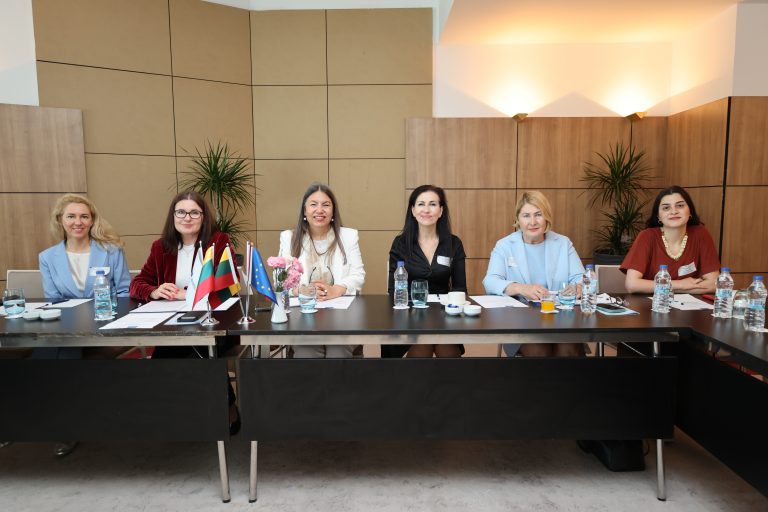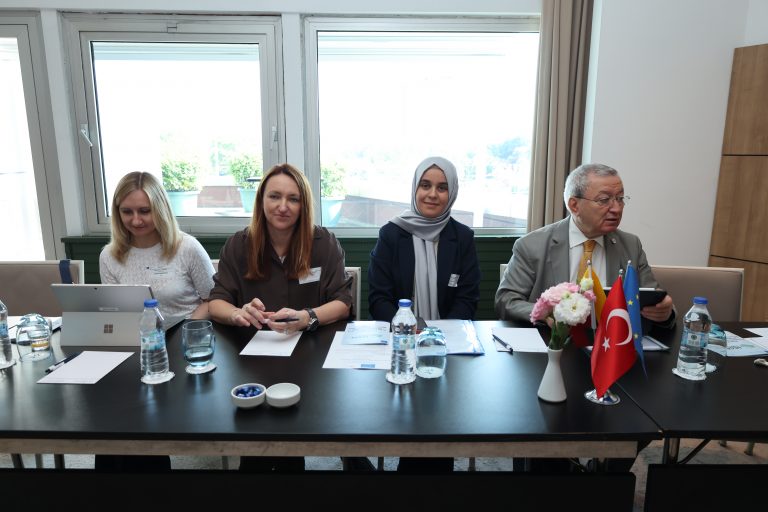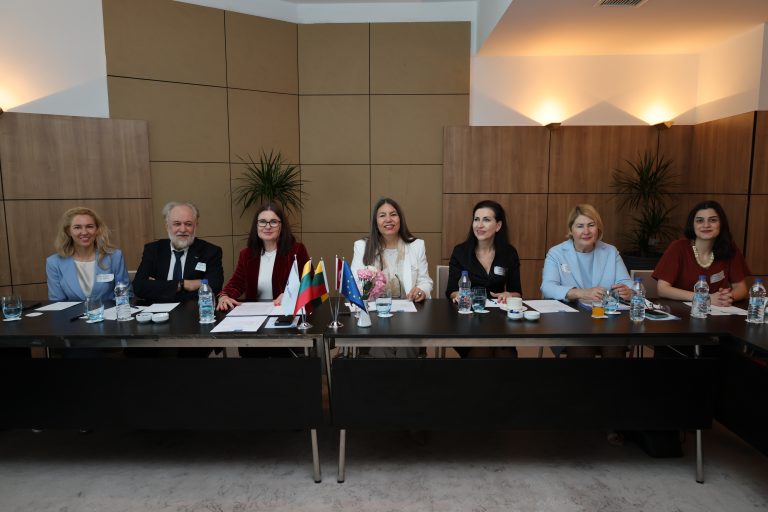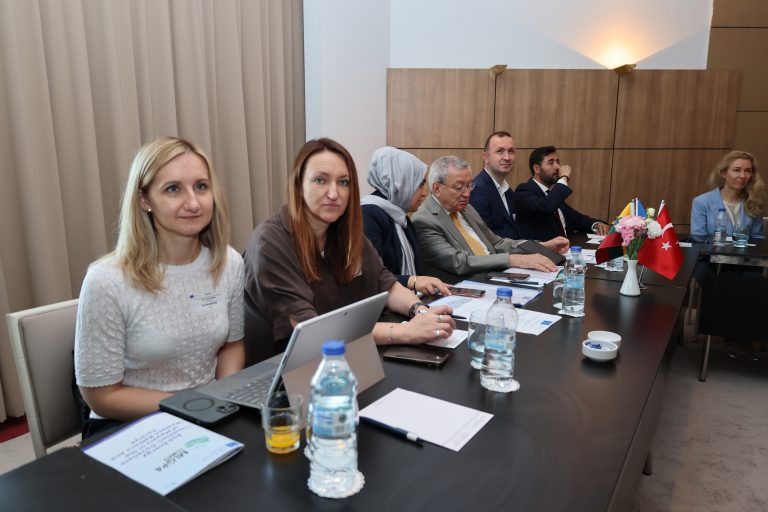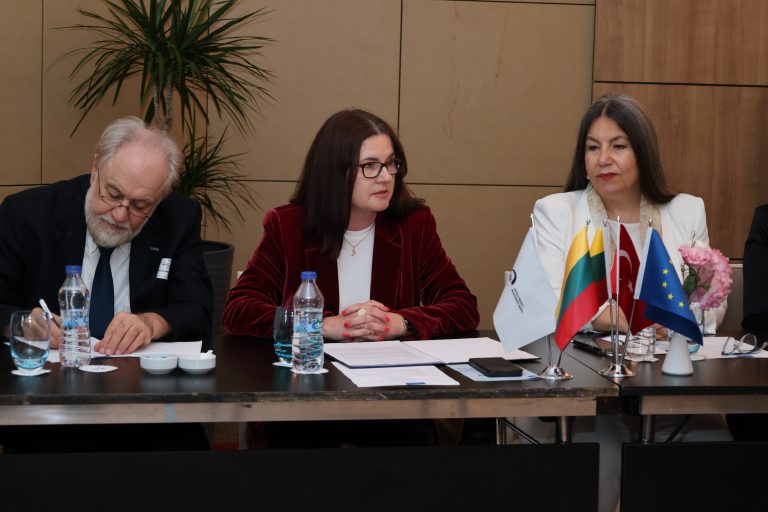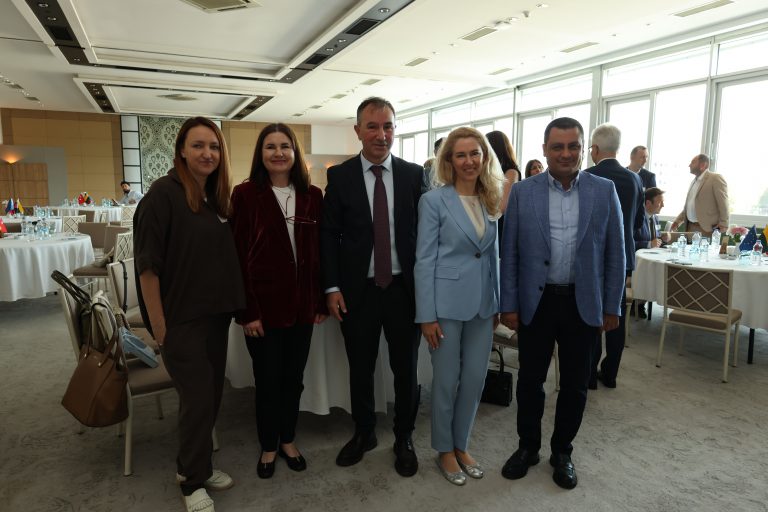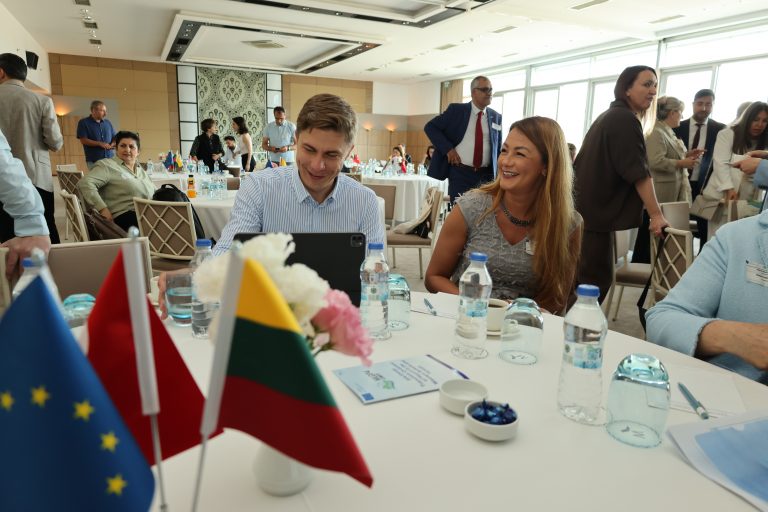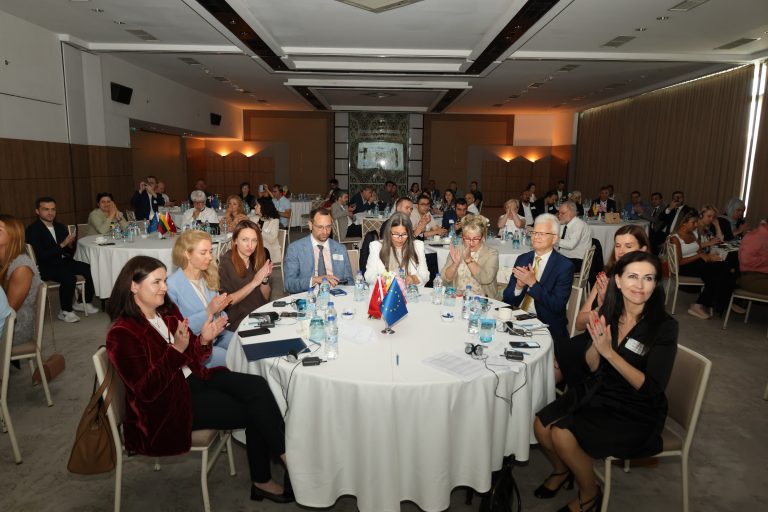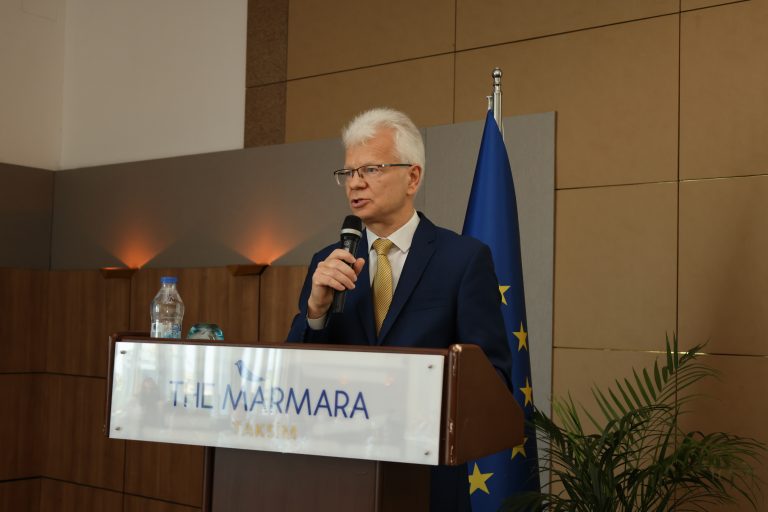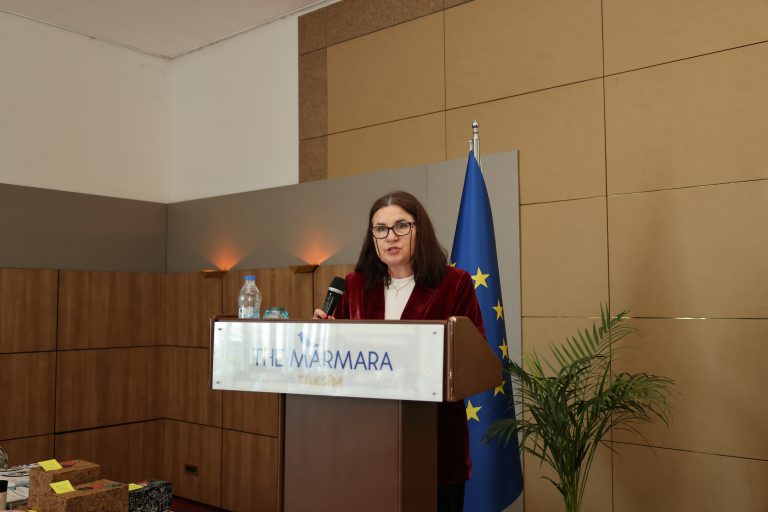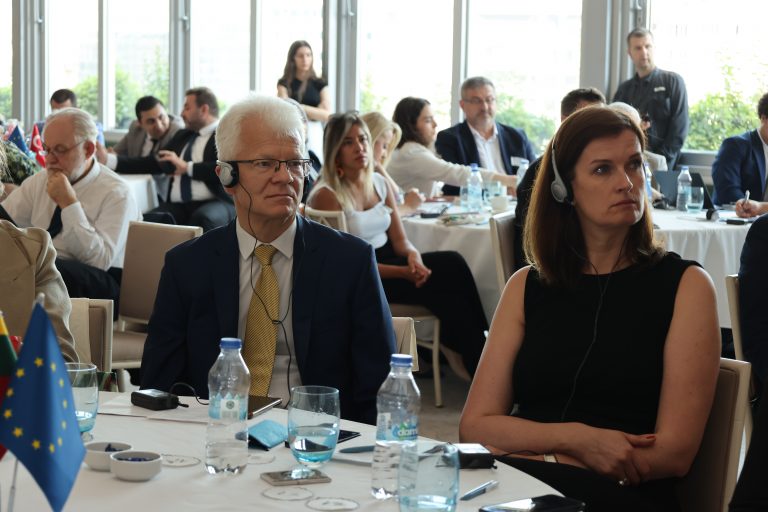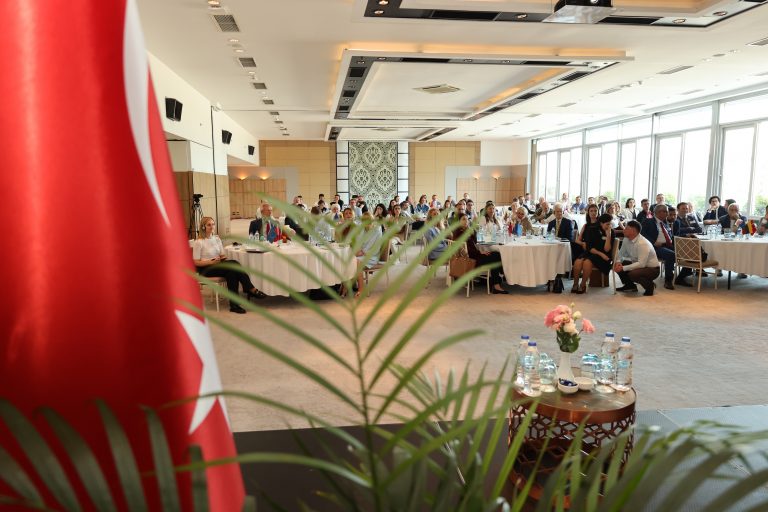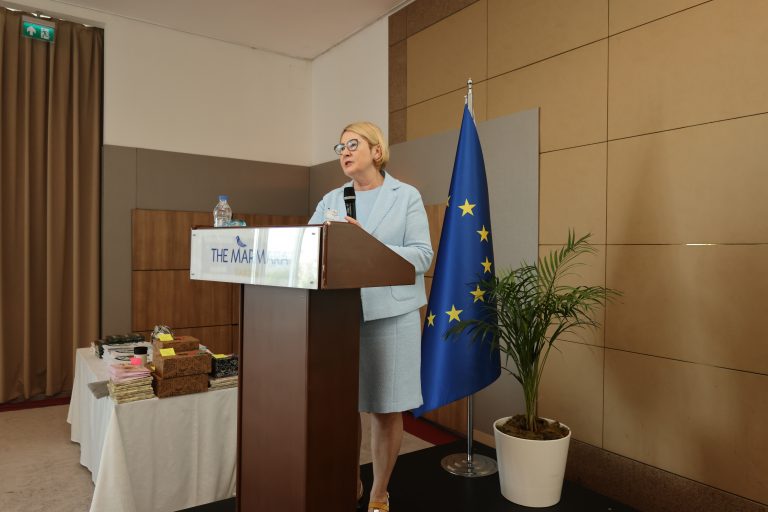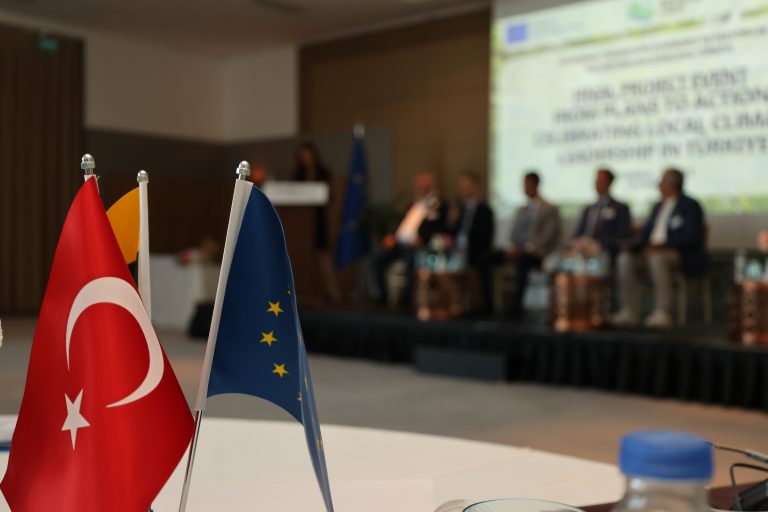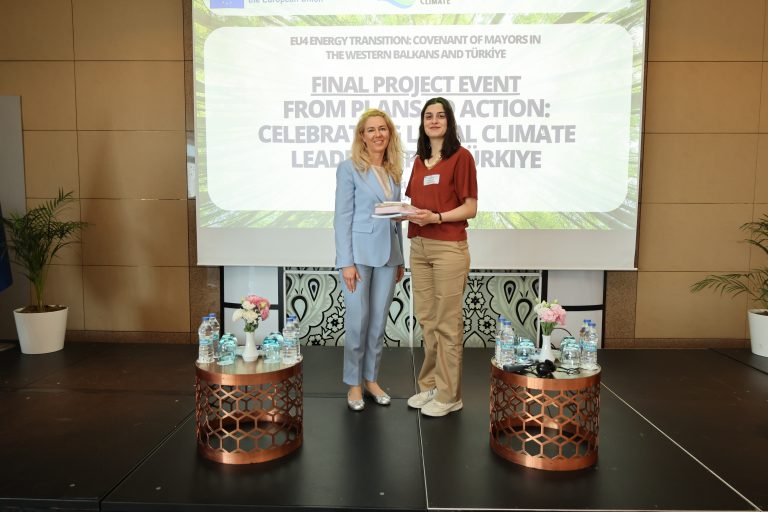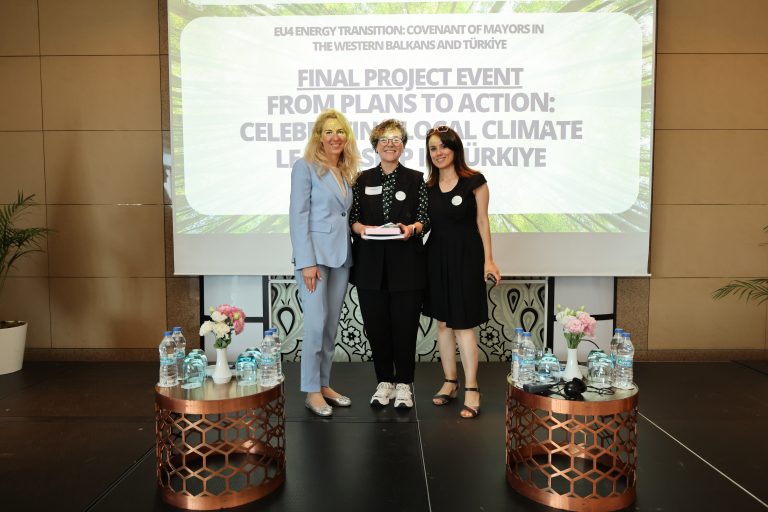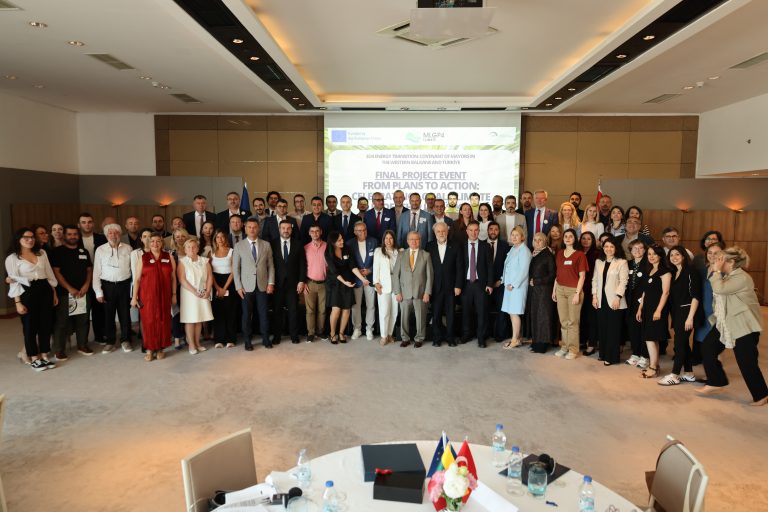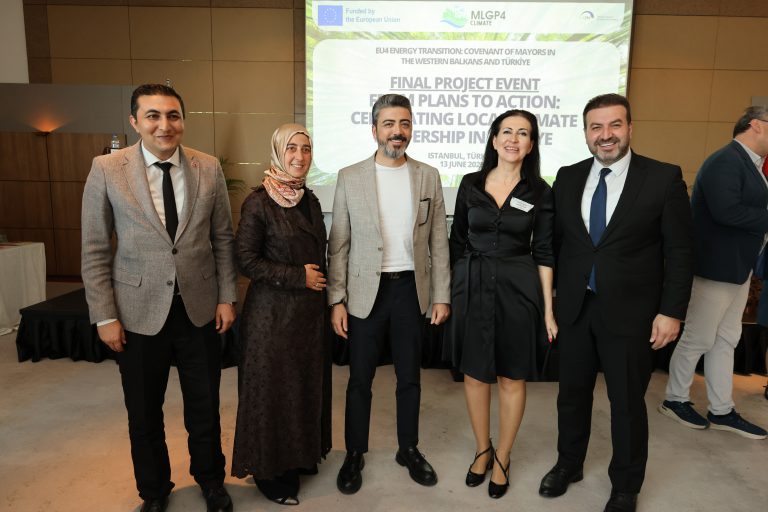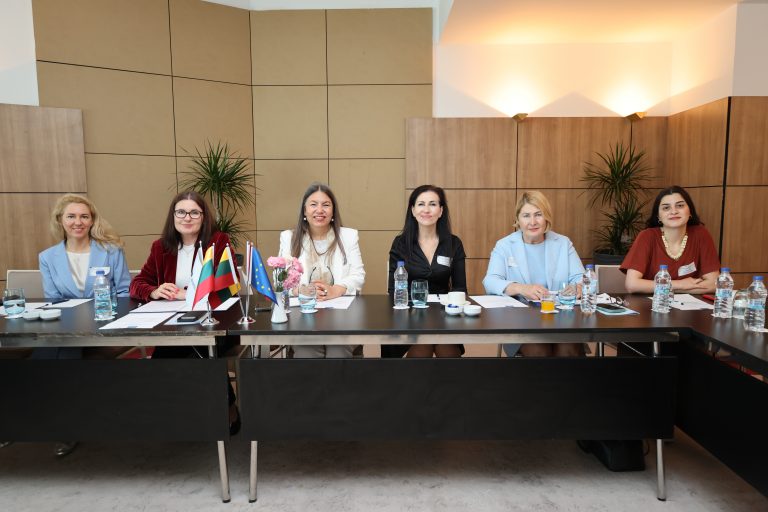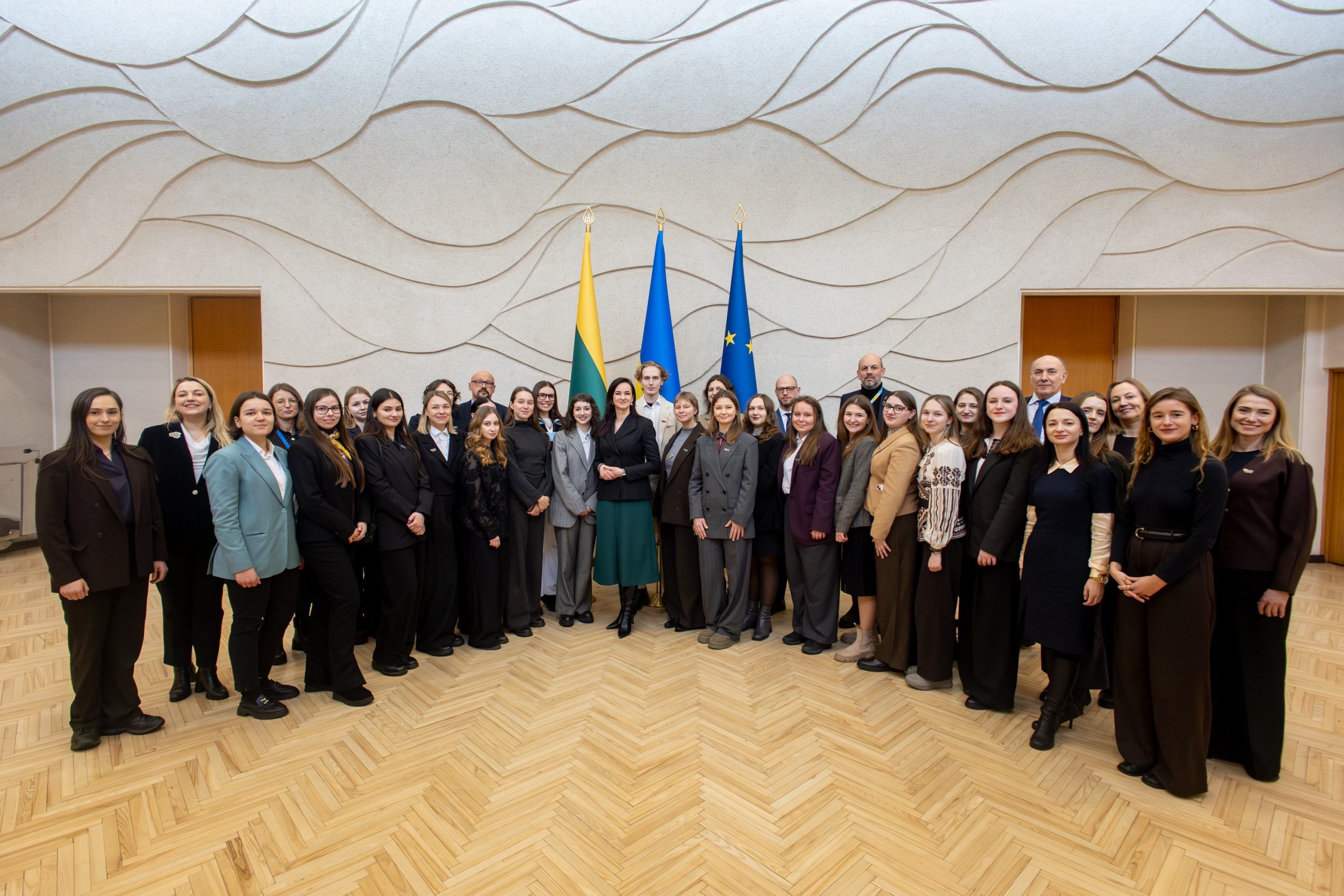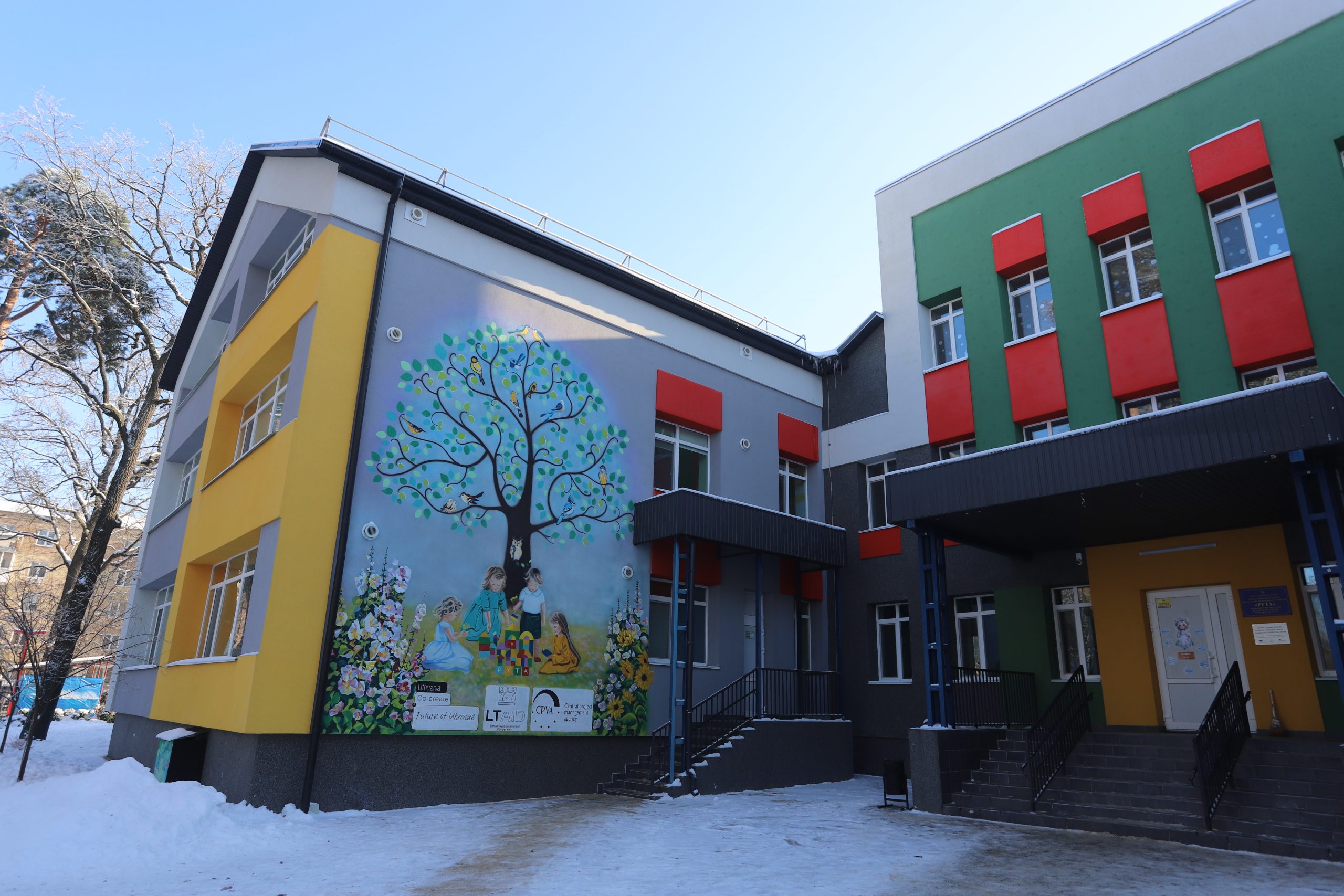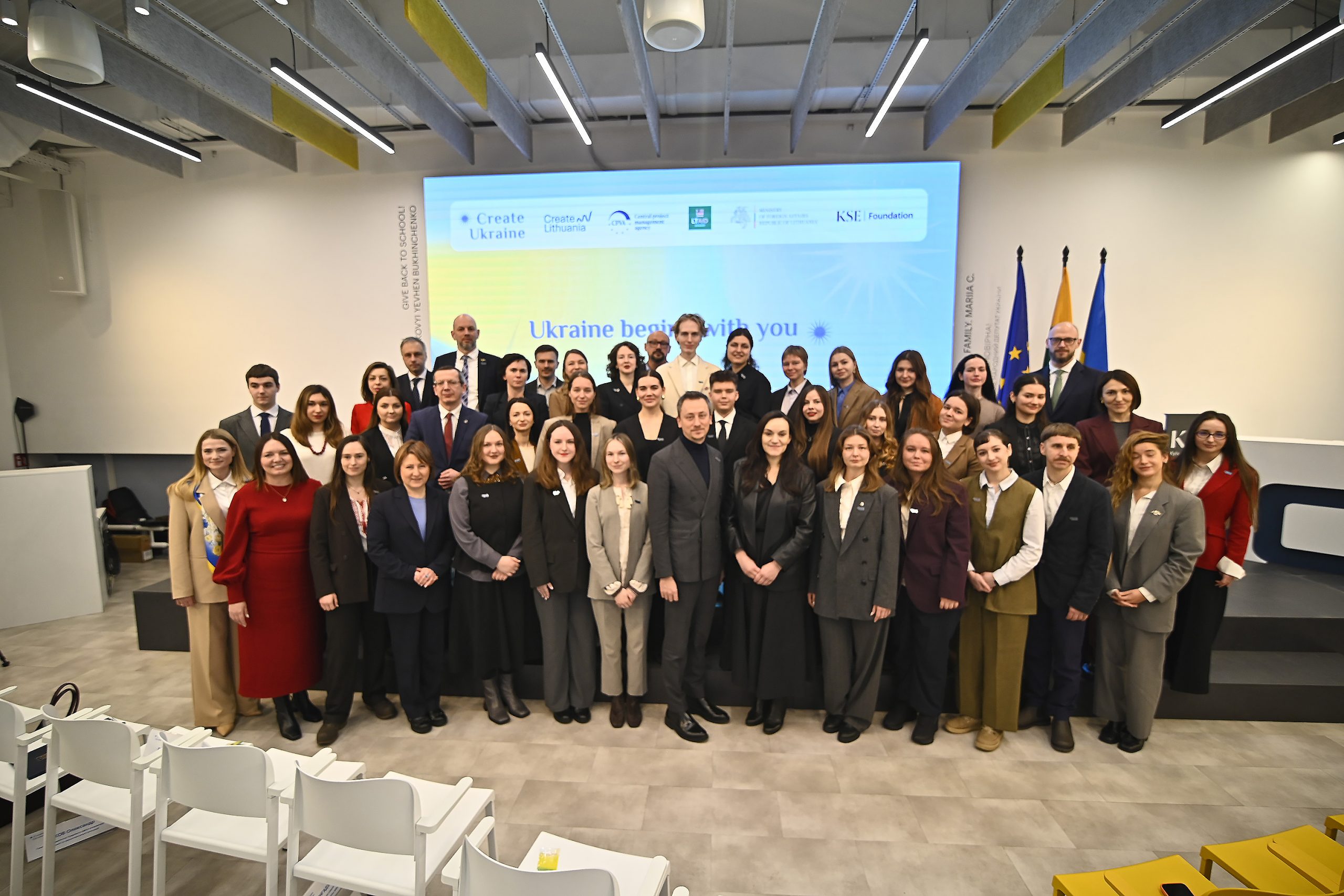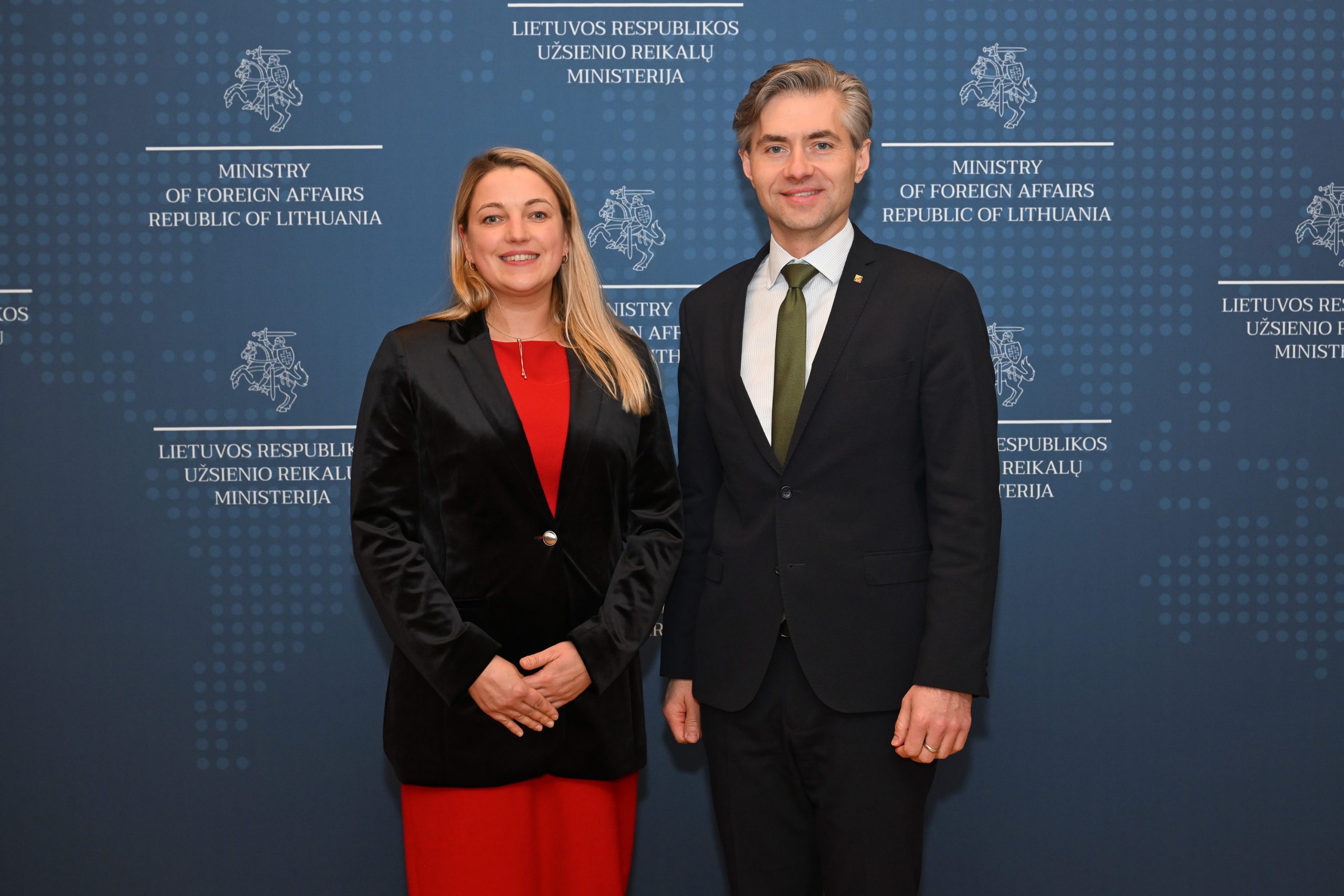The Central Project Management Agency (CPVA) has successfully completed its work in Türkiye under the EU-funded project EU4Energy Transition: Covenant of Mayors in the Western Balkans and Türkiye. Over the course of four years, the initiative helped strengthen the role of local governments in addressing climate change and advancing sustainable energy policies. The final event, held on 13 June 2025, brought together municipal leaders, national authorities and international partners to review results and explore future actions for long-term impact.
Türkiye is among the countries most vulnerable to climate change. In 2024, it experienced the hottest year in its recorded history, with temperatures exceeding the 1.5°C threshold. The country continues to face frequent extreme weather events such as heatwaves, droughts, wildfires, floods and landslides. Without urgent climate action, Türkiye is at risk of serious water scarcity by 2030, and by 2050, climate-related economic losses may reach 2.26% of its GDP, according to the G20 Climate Risk Atlas. In response to these challenges, Türkiye has set a goal to become climate neutral by 2053, with local governments playing a key role in achieving this transition. One of the primary tools for local climate action is the Sustainable Energy and Climate Action Plan (SECAP), which helps municipalities assess energy use, emissions and climate risks while identifying concrete mitigation and adaptation measures.
One of the project’s main achievements was the creation of a national multi-level governance platform, MLGP4Climate, which for the first time brought together nearly 200 representatives from local authorities, central ministries and civil society to coordinate energy and climate policies. More than 70 bilateral meetings and 25 high-level consultations were held, enabling better alignment between local and national priorities. As a result, Türkiye’s membership in the Covenant of Mayors grew from 32 to 114 municipalities. The project also provided technical support to over 40 municipalities in preparing their SECAPs, of which 32 have already been completed. These plans outline targets to reduce carbon emissions by a total of 20 million tons, and include strategies to tackle energy poverty and adapt to climate risks. To support implementation, the project developed toolkits, guidelines and a digital monitoring interface.
Capacity building was another key focus. Over 1,600 municipal officials were trained through more than 50 training sessions. In early 2025, the SECAP Masterclass was launched, offering a 12-week programme with nearly 200 participants attending each session. The training materials covered topics such as climate finance, adaptation planning and energy poverty, and included video tutorials and AI-powered learning modules. The project also funded small-scale solar pilot projects in three municipalities: Çorlu, Melikgazi and Bağcılar. These rooftop solar installations, with a combined value of nearly €400,000, are now reducing annual CO₂ emissions by more than 550 tons. In Bağcılar, a 171 kWp system meets 14% of the municipal building’s electricity demand, while in Melikgazi, the project avoids 300 tons of emissions each year.
Beyond Türkiye, the project fostered regional and international cooperation. Municipalities participated in major global events such as COP28, WUF12 and study visits in Lithuania and other EU countries. To further strengthen collaboration with the Mediterranean region and the global Covenant of Mayors network, the MLGP4Climate Declaration was launched.
The Türkiye component of the EU4Energy project received €3 million in EU funding, as part of the broader €9.3 million programme. CPVA implemented the project in partnership with GIZ under indirect management by the European Commission. CPVA, accredited by the European Commission since 2009, is currently managing 27 indirect management projects in countries such as Ukraine, Serbia, Moldova, Angola and the Caribbean.
